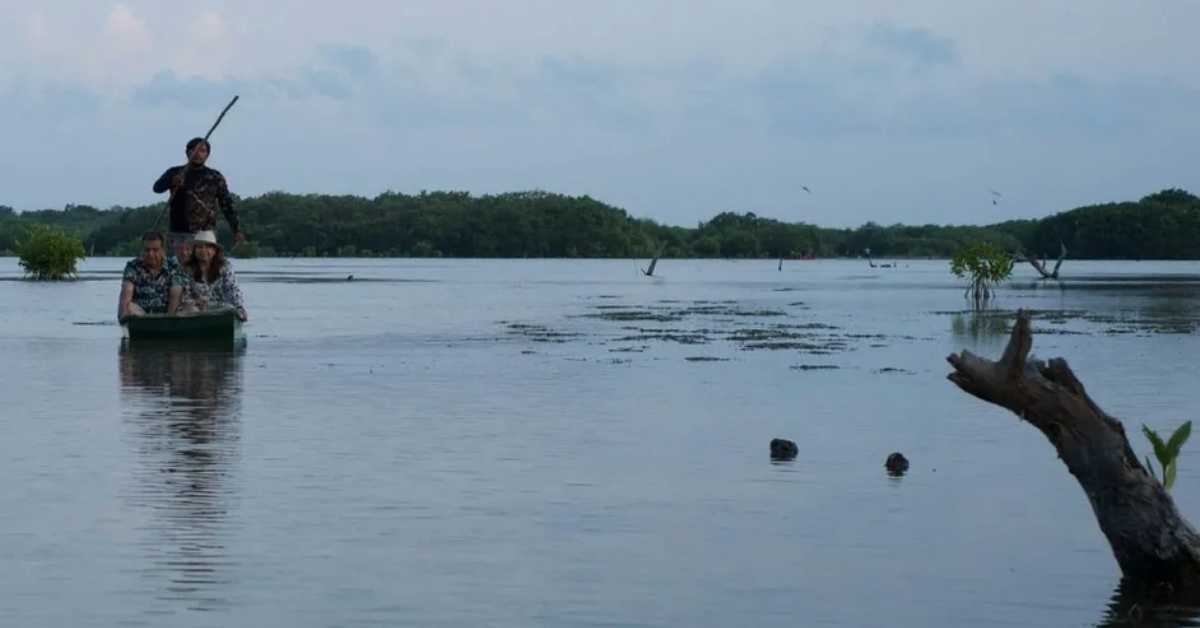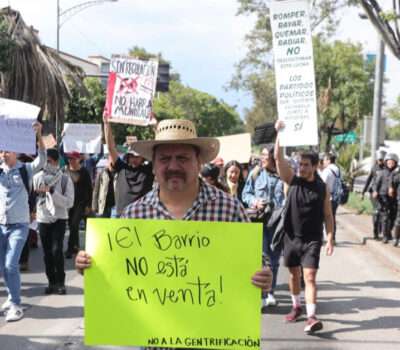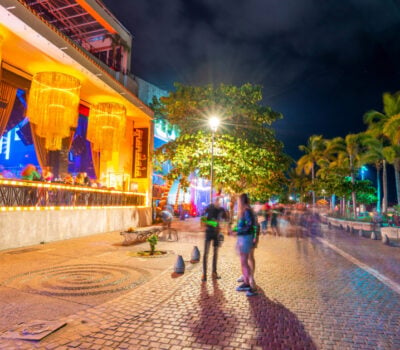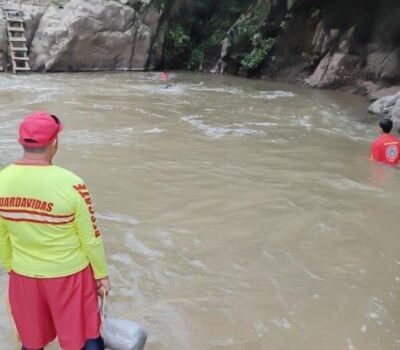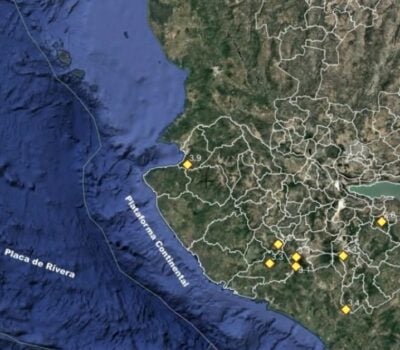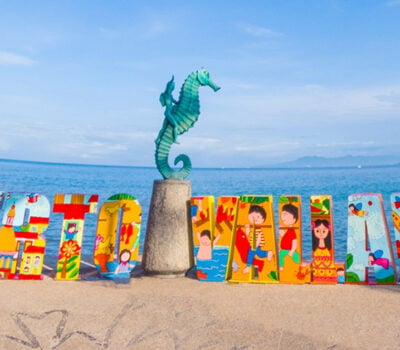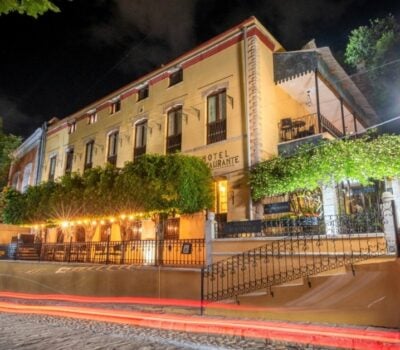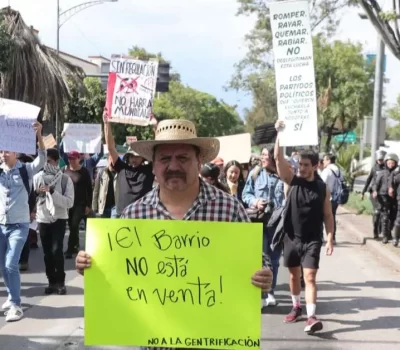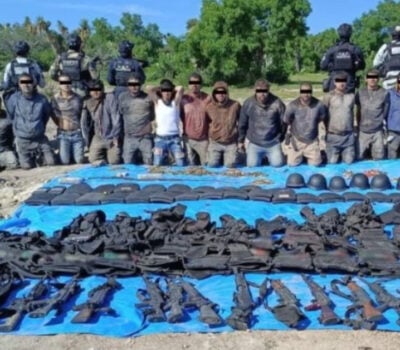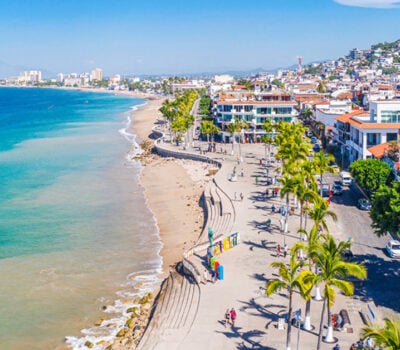A judge in Yucatán has charged two men with damaging protected mangroves to subdivide and sell coastal land in Sisal, following Profepa’s complaint and ongoing federal investigations into mangrove destruction and seal violations.
A judge in Yucatán has formally charged two men with environmental crimes after they allegedly cleared protected mangrove forest to subdivide and sell land reclaimed from the sea in Puerto de Sisal. On June 2, the judge linked Jorge “N” and José Alfredo “N” to a trial and upheld their preventive detention, following a complaint by the Federal Attorney’s Office for Environmental Protection (Profepa) to the Attorney General’s Office (FGR). Both face allegations of illegal vegetation removal and violation of closure seals in the federal maritime-terrestrial zone, a crime punishable under article 420 Bis, section I of the Federal Penal Code.
According to Profepa inspectors, between February and March 2025 they identified three coastal areas in Sisal where nearly 37,800 m² of protected botoncillo mangrove were uprooted to prepare lots for sale. In response, Profepa imposed closure orders and opened administrative proceedings to halt the destruction. However, authorities found that the seals on the sites had been repeatedly broken and that lotting and vegetation clearing had resumed without federal authorization.
Environmental prosecutor Mariana Boy Tamborrell criticized the continued removals despite “tables of dialogue” convened by Profepa and the Secretariat of Environment and Natural Resources (Semarnat) with local residents. “What we have seen in Sisal over several months is a repeated violation of environmental regulations and the closure orders imposed by Profepa,” she said, stressing that mangroves are among the planet’s most fragile and scarce ecosystems. Under article 420 Bis, those convicted of destroying, drying or filling wetlands, mangroves, lagoons or swamps face two to ten years in prison and fines of 300 to 3,000 days’ wages.
Despite agreements to explore alternative housing sites that would meet the needs of residents and local authorities, the illicit clearings continued. The federal maritime-terrestrial zone belongs to the nation and any construction or development there requires a concession and formal approval from the competent authorities. Profepa has vowed to keep coordinating with the FGR to strengthen its case file, maintain inspections and closures, and pursue administrative measures aimed at repairing the damage and safeguarding coastal ecosystems.
Sisal is a key port and emerging tourist destination on the Yucatán coast, known for its wetlands, beaches and rich birdlife. Conservationists warn that unchecked development in this area not only threatens biodiversity but also undermines local livelihoods tied to fishing and eco-tourism. The prosecution of Jorge “N” and José Alfredo “N” marks one of the first high-profile cases targeting land allotment schemes in the region, sending a clear message that illegal mangrove destruction will carry severe legal consequences.


